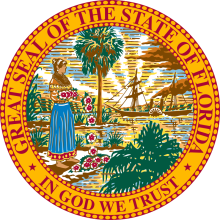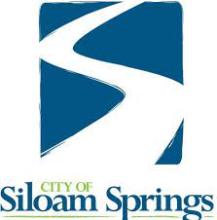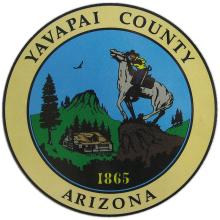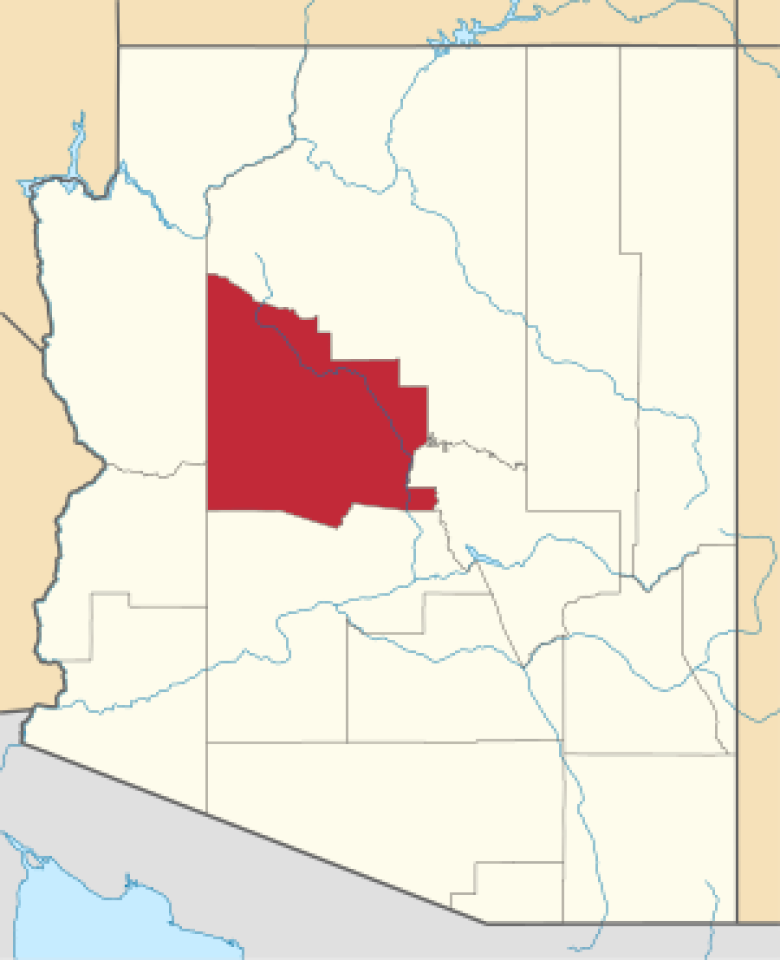In ProMarket: A Wave of Telecom Mergers
The CBN team's Associate Director for Communications Sean Gonsalves recently published a piece in ProMarket about the continuing consolidation of telecommunication markets and why municipal broadband is a better option. He writes:
"Last month, AT&T announced it would acquire all of Lumen Technologies’ fiber internet business for $5.75 billion. According to a company statement, the purchase will net AT&T one million fiber customers and significantly expand its fiber footprint in Denver, Las Vegas, Minneapolis-St. Paul, Orlando, Phoenix, Portland, Salt Lake City, and Seattle.
Across AT&T and Lumen’s service areas, where they offer wired or licensed fixed wireless Internet service, more than half of the locations they claim to serve have two or fewer options for high-speed internet service.
Good news for AT&T stockholders. Not so good news for broadband-hungry subscribers who, for years now, have been paying among the highest prices for internet service of any developed nation in the world. Ever wonder why that is? The answer is as painfully obvious as our overpriced monthly internet bills.

When big telecom giants consolidate—especially in a market where most people have only one or maybe two internet service providers (ISPs) to choose from—the results are predictable: without meaningful competition for something as fundamental as internet connectivity in an internet-connected world, monopolists have no incentive to improve service, invest in network upgrades, or compete on price.












